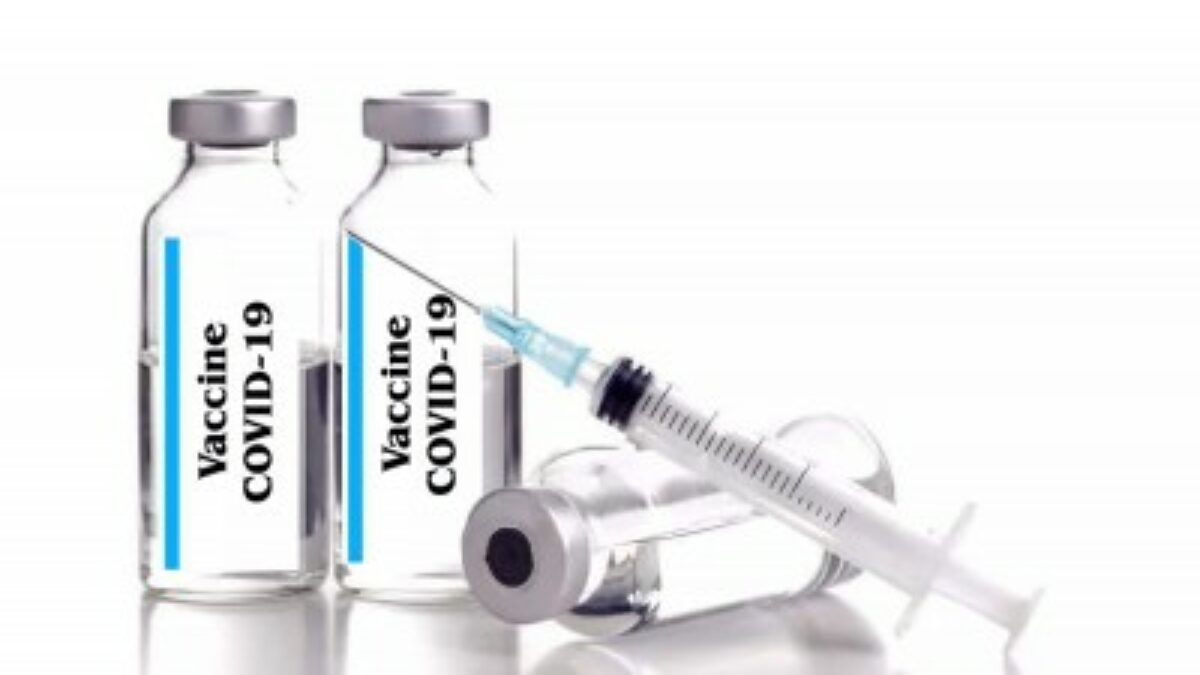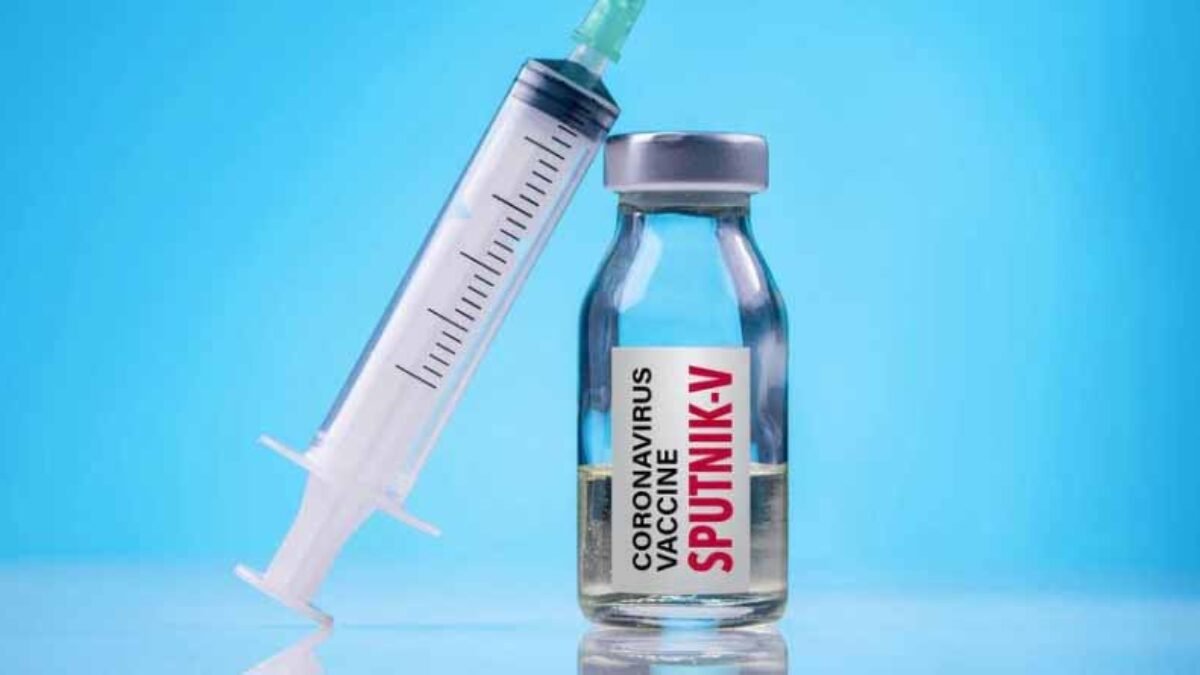The Russian Direct Investment Fund (RDIF) has announced initial safety results of the world’s first study of a combination between the AstraZeneca vaccine and the first component of the Sputnik V vaccine in the Republic of Azerbaijan.
In a statement, RDIF said that the heterogeneous boosting approach (“vaccine cocktail” using human adenovirus serotype 26 as the first component and human adenovirus serotype 5 as the second component) was at the core of Sputnik V. With this approach proving successful in creating a longer and more durable immunity against the coronavirus, RDIF took the lead in initiating partnerships with other vaccine producers to conduct joint studies of a combination of the first component of Sputnik V with foreign vaccines.
The statement also notified that the first partnership of this kind was concluded in December 2020 in the presence of Vladimir Putin, President, Russia. RDIF, The Gamaleya Center, AstraZeneca and R-Pharm signed a Memorandum of Intent aimed at cooperation in vaccine development.
Studies on the safety and immunogenicity of the combination of the AstraZeneca vaccine and the first component of the Sputnik V vaccine in Azerbaijan began in February 2021. Till date, 50 volunteers have been vaccinated and new participants are invited to join the trial. The interim analysis of the data demonstrates a high safety profile for the combined use of the vaccines with no serious adverse events or cases of coronavirus after vaccination, said the statement.
It further notified that RDIF and partners will publish the initial data on the immunogenicity of the combined use of the AstraZeneca vaccine and the first component of the Sputnik V vaccine in Azerbaijan next month.
Kirill Dmitriev, CEO, RDIF, said, “As new strains of coronavirus emerge, partnerships between vaccine manufacturers and combining different vaccines are key to successfully fight the pandemic. Based on the high efficacy of the heterogeneous boosting (“vaccine cocktail”) approach, RDIF was the first in the world to initiate partnerships with other coronavirus vaccine manufacturers. The first partnership of this kind was a joint clinical trial with AstraZeneca. We look forward to its success in Azerbaijan and other countries, which will allow a more effective implementation of vaccination programmes and protect people around the world. We consider it important to conduct joint research on combining the first component of Sputnik V with vaccines from other manufacturers for a more effective fight against emerging new strains of coronavirus.”
The statement added that the clinical trials of a combination of vaccines are being carried out in several countries as part of a global programme. Volunteers are being vaccinated in the UAE, and regulatory approval to conduct trials has been granted in Russia and Belarus.
Irina Panarina, General Manager, AstraZeneca Russia and Eurasia, said, “A heterogeneous prime-boosting involving administering components of different vaccines to a patient is one of the most promising vaccination regimens to study. It is becoming especially relevant now, when the issue of preventing the spread of new strains of coronavirus infection is acute, and the need for revaccination of the population is also coming to a head. That is why the results of the study can be of great importance for those countries where both, the vaccine by AstraZeneca and the University of Oxford, and the Sputnik V vaccine are registered.”
Adding to it, Vasily Ignatiev, CEO, R-Pharm Group, commented, “The initial results obtained at times when the delta strain is spreading are important for assessing the safety and early efficacy of the vaccine combination. We will continue researching and analysing the data with the prospect of a publication in an international journal.”









